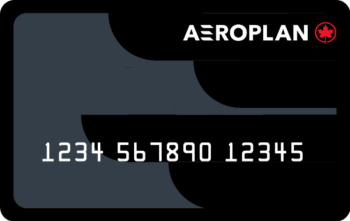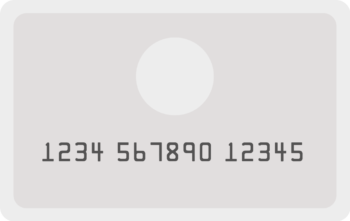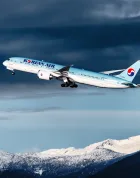The Government of Canada announced today that as of July 19, 2022, random COVID-19 arrival testing will be reintroduced for passengers entering Canada by air in Vancouver, Calgary, Toronto, and Montreal.
Random testing on arrival was previously suspended on June 11.
Let’s look at the details released in the announcement and what this means for people entering Canada by air.
Canada Brings Back Random COVID-19 Tests on Arrival
The Government of Canada is bringing back random COVID-19 testing for passengers arriving by air as of July 19. Random testing for international arrivals was first introduced in late February as part of a broader relaxation of COVID-19 measures at the border.
Fully vaccinated travellers have been exempt from these random arrival tests since the program was paused on June 11; however, they will now be subject to mandatory testing if they are randomly selected when arriving in Vancouver, Calgary, Toronto, or Montreal.
Unvaccinated and partially vaccinated travellers continue to be required to test on days one and eight of their arrival, in addition to a mandatory 14 day quarantine. Fully vaccinated travellers do not have to quarantine, unless their random arrival test comes back positive, and do not have to do multiple tests.

Unlike before, all testing will be done off-site. Airports were poorly equipped to handle large swaths of arrival testing to begin with, and given the current strain that they are facing in general, having to reintroduce testing centres might have added to an already difficult situation.
Off-site testing will be completed at selected testing providers or pharmacies. Passengers can also complete a self-swab test on a virtual appointment, similar to the Switch Health Antigen Test Kit or RT-LAMP Kit.
Random testing will continue for people travelling across the land border, which hadn’t been paused to begin with.
Within 15 minutes of completing their customs declaration, passengers selected for random testing will receive an email informing them that they’ve been chosen. Inside the email will be information about arranging for testing within their region.
Passengers arriving in Toronto or Vancouver can complete their customs declaration digitally on the ArriveCAN app, using the Canadian Border Services Agency Advance Declaration optional feature.

The testing must be completed by the next calendar day after receiving the notification. So, if you arrive on a Tuesday morning, you should complete the mandatory random arrival test by the end of day on Wednesday.
While waiting for the test result, fully vaccinated travellers won’t have to isolate. Furthermore, passengers arriving at one of these four hubs can continue to take connecting flights to get to their final destination.
If the random arrival test comes back as positive, travellers must isolate for 10 days, even if the isolation period is shorter in their home province or territory.
Why Is Random Arrival Testing Being Brought Back?
Despite the general trend of relaxing COVID-19 measures worldwide, there has also been a recent uptick in COVID-19 cases in many jurisdictions around the world.
Since many individuals perform self-tests at home, and therefore aren’t counted in any official capacity, the number of current infections is likely much greater than what is actually known.
BA.5, a subvariant of Omicron, has become the dominant strain of COVID-19 circulating in places like the United Kingdom, Canada, and the United States. It is reported to be highly transmissible, even amongst those who have already tested positive for COVID-19 or have been vaccinated with booster doses.

The Government of Canada claims they are reintroducing random testing of air passengers in an effort to better track the number of passengers entering Canada with COVID-19 and to identify new variants of concern.
Moving the testing away from airports is meant to reduce the burden on an already strained system, which is struggling to deal with the demand of summer travel.
Having passengers being contacted by email to inform them of being randomly selected, rather than in person, should also ease the burden on border staff.
Conclusion
Canada is reintroducing randomized COVID-19 arrival testing for fully vaccinated travellers arriving by air. As of July 19, passengers will be notified by email if they have been selected for testing.
Fully vaccinated travellers entering Canada have been exempt from random arrival testing for just over a month. The return of random testing marks another twist in the tale of COVID-19 travel restrictions – though it’ll ultimately only affect a minority of travellers entering Canada.




















